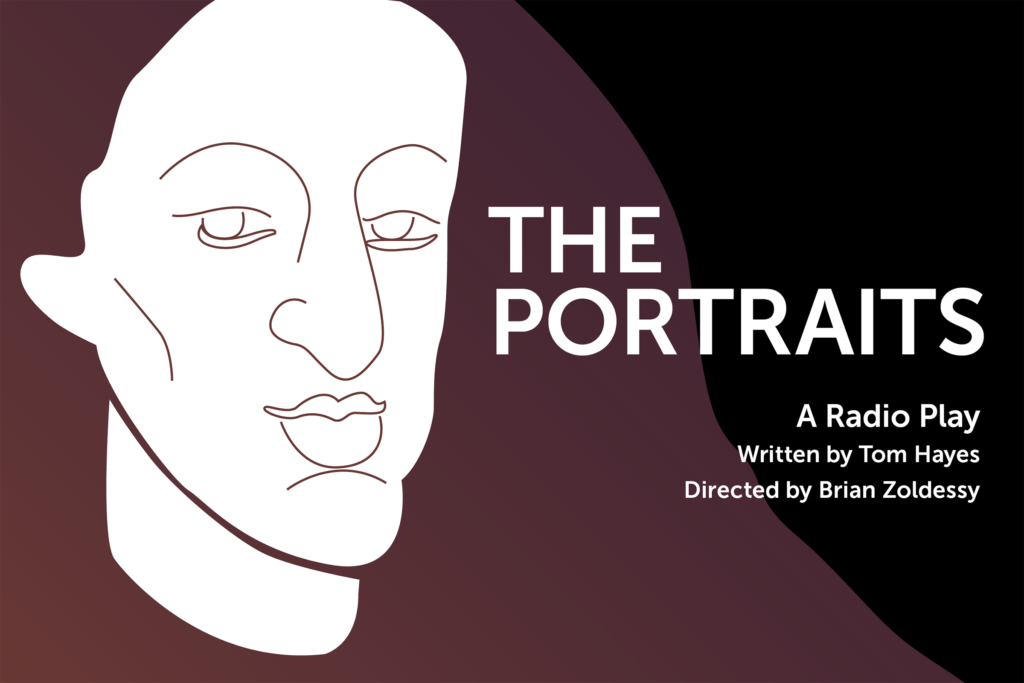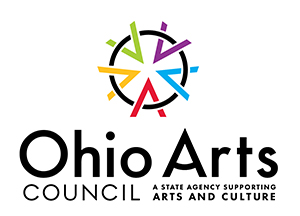[Re-post from Playwrights Local]
Millwood Outpost by Tom Hayes opens on Friday, March 18 and runs through April 2. Directed by Rachel Zake, this new drama features Joe Milan, August Scarpelli, Zach Palumbo, Sean Seibert, Quin Johnson, Tom Hayes, and Juliette Regnier. Thanks to Tom for this preview!
What kind of play is Millwood Outpost, and how did you get the idea for it?
I originally started writing this play many years ago, probably fifteen or so. I was going through a David Mamet phase and I’d just read Lakeboat, a play about a bunch of men out on a cargo boat on Lake Superior. I was fascinated by the window that the college kid provided on the lives of the working men and the stories that they told.
When I was just out of high school, and during my first summer out of college, I worked summers for the Ohio Department of Transportation. I was one of those people you see with “Stop/Slow” signs. I also cleaned-up dead animals and weed-whacked endless miles of guardrail. The environment was both similar and dissimilar to that in Lakeboat: similar, in that there was a hypermasculine atmosphere, dissimilar in that ODOT had several women working there, and they were greatly resented.
That early play, like Lakeboat, was more monologues and two character interactions. Events were episodic and seemed to focus more on the joy of what people said rather than any plot or story. I knew that this approach wouldn’t work, at least, not the way I wanted it to, so I set about moving it toward a more dramatic structure. At first, I was interested in the two college kids (the characters Zak and Nick). They offered that “fresh” insight into the world, and were also not jaded by it. I also was interested in the initiation aspect, that is, men bringing a boy through a ritual ceremony into manhood. But even more than this, I was interested in the notion of a perverse idea of manhood, which made a sort of negative ritual or negative initiation. It occurred to me that another focus for the play was the resentment that these men feel about having to change — or being told to, at least.
The best way, it seemed to me, to get at the problem of forced change was to create an external environment that is threatening everyone inside the outpost. At first, it’s innocuous, normal even. But, as things move along, the character of the threat changes. No one inside can define it. They’re forced to tell each other stories of past experiences that touch on what is undefined, but they still can’t put their finger on it, and it scares the hell out of them. All of these elements combine to create a dramatic play that also has elements of magical realism, I guess. A sort of strangeness that I believe will come through in the production.
As a playwright, were there any other models for Millwood Outpost, or did you see yourself as working in any other particular genre or tradition?
I don’t know that there are any [other] models that I was thinking of for this play. I know I enjoy plays where there are strange, unexpected things going on that point to a bigger universe or dimension. I can think of plays by Mac Wellman, Conor McPherson, Sam Shepard, Will Eno, Erin Courtney, Carson Kreitzer, Anne Washburn, and others. I like plays in which there are not only elements of the theatrical experience in terms of light and sound and strange story elements, but also in the language itself, like Harold Pinter and the patter, unanswered questions, and bizarre situations people find themselves in, as well as the equally bizarre or understated reactions to the predicament.
What has the process been like so far of working with director Rachel Zake and the rest of the cast and staff?
I’ve had a wonderful experience working on the play. Rachel is smart, professional, and demanding. Her process of getting to dramatic moments in the play has been exciting to watch and has drawn my attention to aspects of the play that I either hadn’t noticed or that I hadn’t focused on. She can really see what’s in the script and figure out how to get it out of the actors for everyone to see and experience, which I think is great. Rachel has an eagle-eye for detail and makes actors stay focused when things get a bit…unfocused during rehearsals, which can happen. Rachel’s the first director of this play, which takes a special type of creativity and imagination.
The actors have been great, too. Sean has brought a stern, ferocity to the character of Rollo. Joe has dredged up a truly mean-spirited Digger which he, literally, spits out. August brings out the no-nonsense dignity of a man who just wants to get his work done and go home. Zach brings an energy and truthfulness to the character of Nick, which is a critically necessary foil to the men at ODOT. Mugs is doing fantastic as an earnest and naive high school grad who is being initiated into something he may want to avoid.
[I’m playing] the role of Dad and I won’t speak about the process of working with myself because it’s rotten. (Laughs.) I’ll let others answer that question. We also have Juliette Regnier as The Voice, and she does a wonderful job as the ominous expression of doom coming through the radio, striking fear in the hearts of the men.
In addition to being the playwright, you’re also the Managing Director of the company, Playwrights Local. What do you think is the value of this type of new work to the community?
When a group of us founded Playwrights Local in 2015, we wanted to be a theater committed to staging the work of local playwrights. At the time, there were virtually no theaters producing the work of local playwrights on their main stage. There are plenty of theaters around that will run some staged readings or some other small things, but they don’t put local plays on their main stage. The consequence of this is that the plays that come into town are written by people from other cities and other states whose interests and concerns don’t reflect those here in Cleveland. Another consequence is the lack of production of local playwrights creates a huge hole in the theater scene. The people of Northeast Ohio, believe it or not, actually do have something to say, and often have a pretty interesting manner of saying it. That should be represented on the stages in town.

